In this article, we lay out our top 5 all-time hypertension clinical trials. If you remember previously, we covered the top 5 landmark clinical trials in hyperlipidemia. It was a tough call with many options, but here’s our list of hypertension clinical trials. Feel free to comment below if you feel we missed one!
DASH (2001)
Effects on Blood Pressure of Reduced Dietary Sodium and the Dietary Approaches to Stop Hypertension (DASH) Diet
This trial was a follow-up study to the 1997 original DASH diet study. In this randomized controlled clinical trial, 412 patients with hypertension were randomly assigned to eat either a control diet typical of intake in the United States or the intervention with the DASH diet. For 30 consecutive days, participants ate foods with high, intermediate, and low levels of sodium within their assigned diet. The study included participants at least 22 years of age with an average systolic blood pressure of 120-159/80-95 mmHg. It excluded people with heart disease, renal insufficiency, poorly controlled cholesterol or diabetes, or diabetes requiring insulin, special dietary requirements, and having more than 14 alcoholic drinks per week. The study found that the DASH diet, compared with the control, resulted in a significantly lower systolic blood pressure at every level of sodium intake.
ALLHAT (2002)
Major Outcomes in High-Risk Hypertensive Patients Randomized to Angiotensin-Converting Enzyme Inhibitor or Calcium Channel Blocker vs Diuretic
The goal of this study was to assess whether treatment with a calcium channel blocker or an angiotensin-converting enzyme inhibitor lowered the incidence of coronary heart disease (CHD) or other cardiovascular disease (CVD) events vs a diuretic. The study included patients (N = 33,357) who were at least 55 years old and had hypertension plus at least one other CVD risk factor. Patients were randomly assigned to receive either amlodipine 2.5 to 10 mg daily or lisinopril 10 to 40 mg daily versus the comparator of chlorthalidone 12.5 to 25 mg daily. The primary outcomes were combined fatal CHD events or nonfatal myocardial infarction. Outcomes were analyzed by intention-to-treat. Secondary outcomes were all-cause mortality, stroke, combined CHD and CVD events. The authors found no difference in the primary outcome or all-cause mortality between the treatment groups. As for secondary outcomes, thiazide-type diuretics were superior in preventing one or more major CVD events.
HYVET (2008)
Treatment of Hypertension in Patients 80 Years of Age or Older
In this randomized, double-blinded, placebo-controlled clinical trial, patients (N = 3,845) who were 80 years or older and had a systolic blood pressure of 160 mmHg or higher were assigned to either receive indapamide sustained-release 1.5 mg daily or a matching placebo. Perindopril (2 or 4 mg) or matching placebo was added if needed to achieve a target blood pressure of 150/80 mmHg. The primary outcomes were fatal or nonfatal stroke. In the active treatment group, there was a 30% reduction in the primary outcome. Additionally, risk of death was reduced in the following secondary outcomes: 39% from stroke, 21% from any cause, 23% from cardiovascular causes, and 64% from heart failure.
ACCOMPLISH (2008)
Benazepril plus Amlodipine or Hydrochlorothiazide for Hypertension in High-Risk Patients
The goal of this study was to establish if combination therapy with an ACE-inhibitor plus amlodipine would lead to better cardiovascular outcomes than treatment with the same ACE-inhibitor plus a thiazide diuretic. Patients (N = 11,506) with hypertension were randomly assigned to receive either benazepril plus amlodipine or benazepril plus hydrochlorothiazide. The primary outcome was the composite of death from cardiovascular causes, nonfatal myocardial infarction, nonfatal stroke, hospitalization for angina, resuscitation after sudden cardiac arrest, and coronary revascularization. In the benazepril-amlodipine group, there were 552 primary-outcome events (9.6%) compared to 679 events (11.8%) in the benazepril-hydrochlorothiazide group. There was an absolute risk reduction of 2.2% and relative risk reduction of 19.6% in the benazepril-amlodipine group. The authors concluded that benazepril-amlodipine combination therapy was superior to benazepril-hydrochlorothiazide in reducing cardiovascular events in high risk patients with hypertension.
SPRINT (2015)
A Randomized Trial of Intensive versus Standard Blood-Pressure Control
Our final all-time top 5 clinical hypertension trial is the SPRINT trial. This trial aimed to establish optimal blood pressure control parameters among patients at high risk for cardiovascular events but without diabetes. The study targeted a systolic blood pressure (SBP) of less than 120 mmHg compared to less than 140 mmHg. Patients (N = 9,361) with a systolic blood pressure of 130 mmHg or higher at increased cardiovascular disease without diabetes were assigned to an intensive treatment group (SBP <120 mmHg) versus standard treatment (SBP <140 mmHg). The primary composite outcome was myocardial infarction, other acute coronary syndromes, stroke, heart failure, or death from cardiovascular causes. The trial was stopped early after a median follow-up of 3.26 years found a significantly lower rate of the primary composite outcome in the intensive-treatment group than in the standard-treatment group. All-cause mortality was significantly lower in the intensive-treatment group compared to standard treatment. However, rates of serious adverse events were higher in the intensive-treatment group.
What do you think? Do you like our list of top 5 all-time hypertension clinical trials? Leave a comment below!
- 30 medication mistakes PDF
- 18+ Page Drug Interaction PDF
- 10 Commandments of Polypharmacy Webinar based on my experiences in clinical practice
This article was written by Sarah Zahirudin, PharmD Candidate, in collaboration with Eric Christianson, PharmD, BCPS, BCGP
Popular Amazon Books
References:
(Reference: Jamerson K, Weber MA, Bakris GL, Dahlöf B, Pitt B, Shi V, Hester A, Gupte J, Gatlin M, Velazquez EJ; ACCOMPLISH Trial Investigators. Benazepril plus amlodipine or hydrochlorothiazide for hypertension in high-risk patients. N Engl J Med. 2008; 359(23):2417-28. Available at https://www.nejm.org/doi/full/10.1056/nejmoa0806182)
(Reference: Beckett N, Peters R, Fletcher A, et al. Treatment of Hypertension in Patients 80 Years of Age or Older. N Engl J Med. 2008; 358:1887-1898. Available at https://www.nejm.org/doi/full/10.1056/NEJMoa0801369)
(Reference: Sacks F, Svetkey L, Vollmer W, et al. Effects on Blood Pressure of Reduced Dietary Sodium and the Dietary Approaches to Stop Hypertension (DASH) Diet. N Engl J Med. 2001; 344:3-10. Available at https://www.nejm.org/doi/full/10.1056/NEJM200101043440101)
(Reference: ALLHAT Officers and Coordinators for the ALLHAT Collaborative Research Group. The Antihypertensive and Lipid-Lowering Treatment to Prevent Heart Attack Trial. Major outcomes in high-risk hypertensive patients randomized to angiotensin-converting enzyme inhibitor or calcium channel blocker vs diuretic: The Antihypertensive and Lipid-Lowering Treatment to Prevent Heart Attack Trial (ALLHAT). JAMA. 2002; 288(23):2981-97. Available at: https://jamanetwork.com/journals/jama/fullarticle/195626)
(Reference: SPRINT Research Group, Wright J, Williamson J, Whelton P, et al. A Randomized Trial of Intensive versus Standard Blood-Pressure Control. N Engl J Med. 2015; 373(22):2103-16. Available at https://www.nejm.org/doi/full/10.1056/nejmoa1511939)

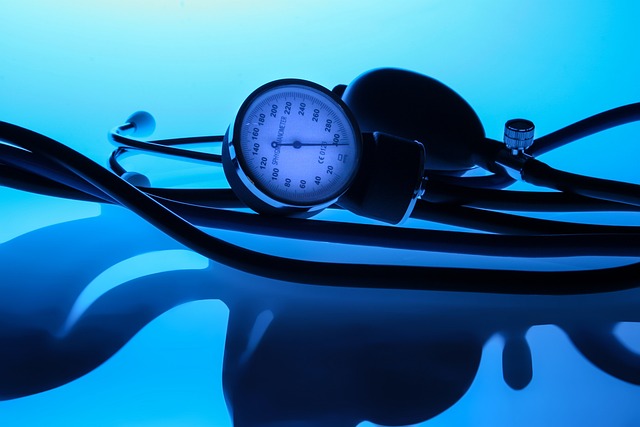


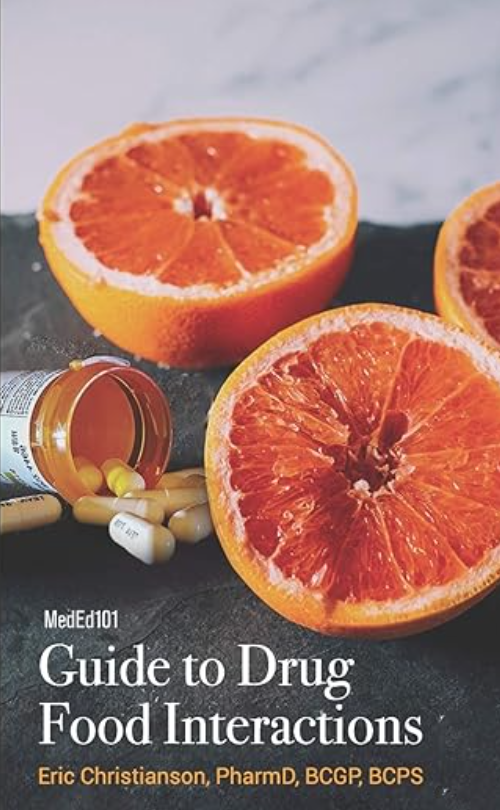
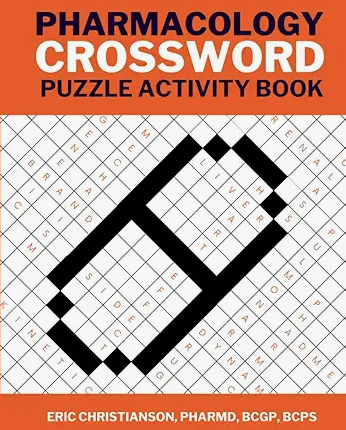
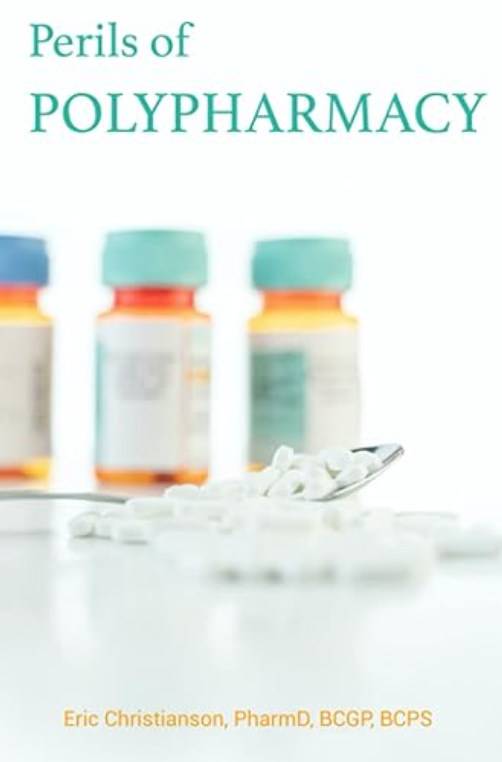
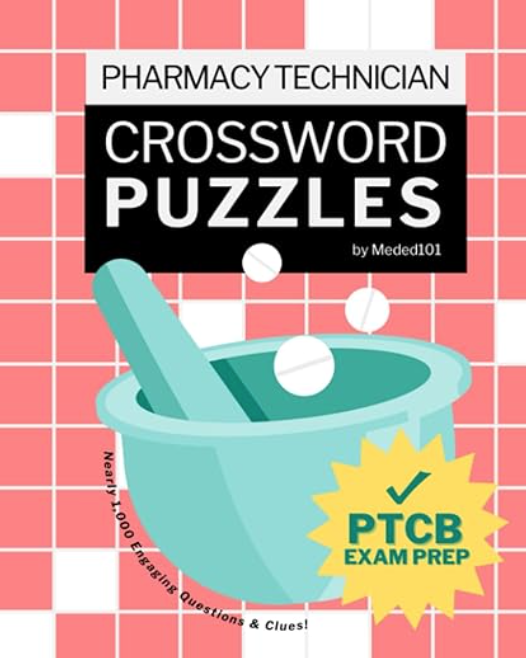

I agree that this would be my top 5 trials in HTN as well.